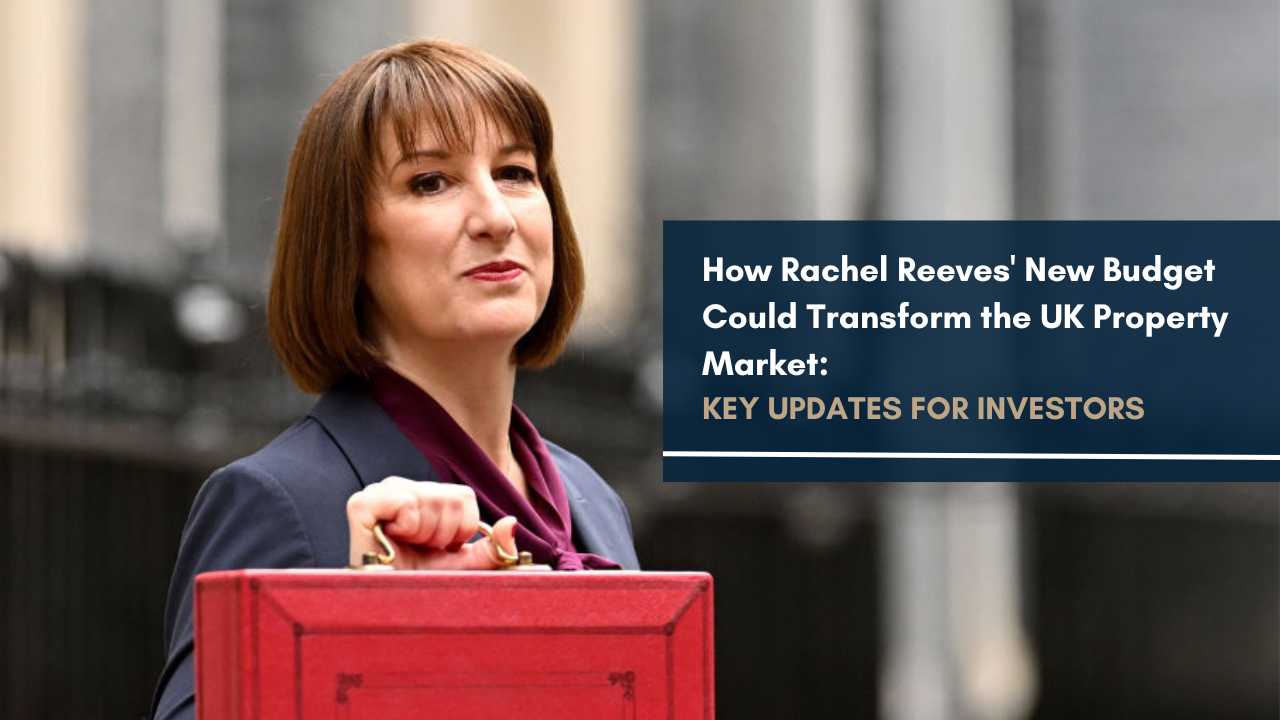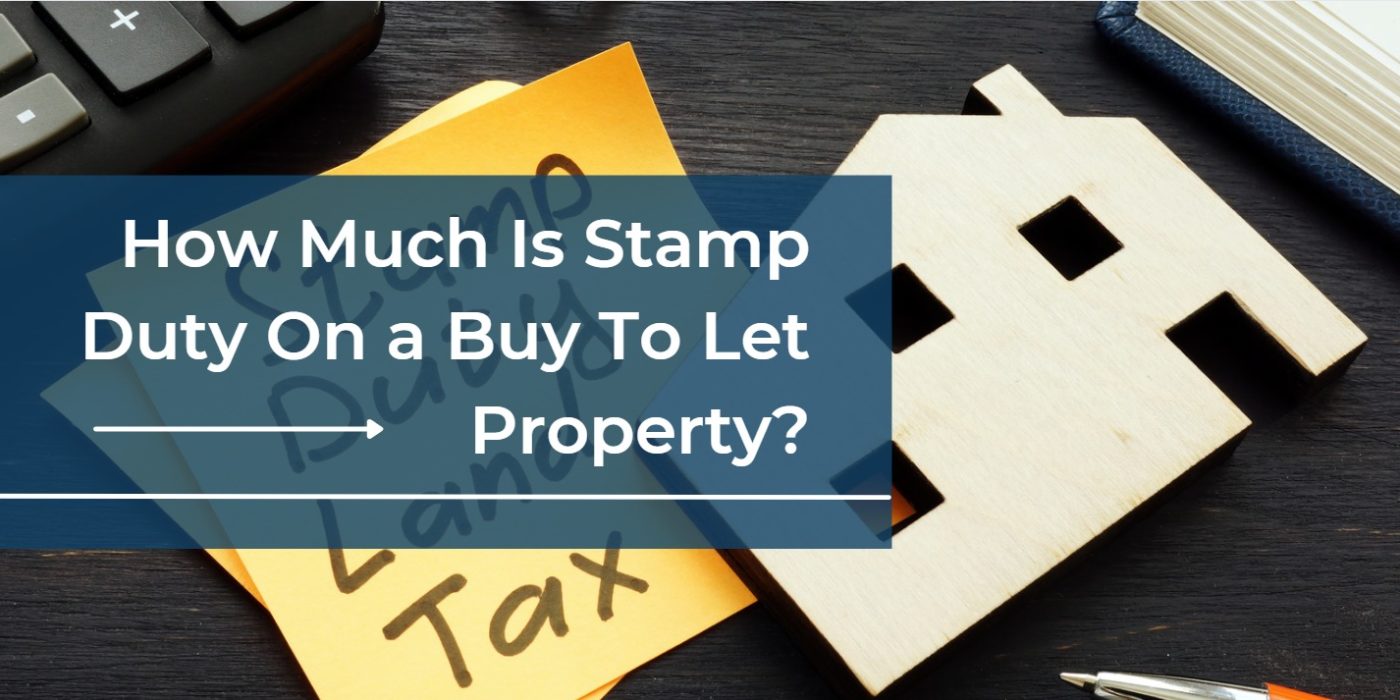REITs and buy-to-let properties are two ways of investing in the UK’s property market. However, the way they work, and the results they achieve, are quite different.
In this post, we explain what each of these options is, how they compare to each other, and which you should invest in based on your budget and risk tolerance.
Read on to learn more.
What is a buy to let?
Let’s begin with a quick explanation of the options. First up is “buy to let”.
A buy to let property is a residential apartment or house that you buy with the intention of renting to tenants in exchange for monthly rental payments. Once you begin earning an income from property, you become a landlord, one of more than 2.66 million in the UK.
We’ve covered the ins and outs of buy to let property investment before, and we believe it to be one of, if not the most, attractive options available for investors.
What is a REIT?
REIT is an acronym which stands for Real Estate Investment Trust. It is a company that makes investments in income-generating properties and then passes its earnings on to owners.
Like other publicly-traded companies, investors can buy shares in REITs, giving them access to a share of the rental income. Because REITs bundle all properties into a single corporation, the value of these shares can be pennies a piece, making them accessible to virtually anyone.
The London Stock Exchange lists several British REITs. Examples include PRS REIT (The) PLC, BMO Commercial Property Trust Limited, and British Land Company PLC.
How do buy to let properties and REITs compare?
Both buy to lets and REITs are investments in property, but the similarities between the two investment strategies end there.
Buy-to-let usually refers to residential properties rented to private tenants, such as families and young professionals who cannot afford to (or don’t wish to) purchase their own home yet. However, REITs can own an array of different property types, including flats, commercial buildings, and industrial units.
As such, the level of diversification and risk is different across REITs and buy-to-lets. With a buy-to-let property, you buy a single property outright. You then rely on renting that property to a small number of tenants (usually one or two), in exchange for payment each month. If the tenant fails to pay or the property is vacant (known as a “void” period), you don’t receive any income.
However, with REITs, you benefit from owning a small slice of a large pie, as the REIT holds a portfolio of properties. So, even if one tenant fails to pay or units are vacant, tenants from other properties in the portfolio will continue to provide income.
Another difference is how the two are purchased. You can’t take out a mortgage to own REITs. In that regard, they work in the same way as conventional stocks. However, with buy-to-let, you can multiply your purchasing power – and, therefore, your cash-on-cash return – by leveraging debt. You put down a deposit, say £50,000, and then a bank provides up to £150,000 (under a 75% LTV arrangement), allowing you to gain ownership of more property than would otherwise be possible.
So, should you invest in REITs or buy to lets?
Whether you should invest in REITs or a buy to let depends very much on your goals, budget, and risk tolerance.
If your goal is to diversify your portfolio (perhaps because you own too much bitcoin right now), but you aren’t interested in owning or managing a property outright, then REITs could be for you. They are no more difficult to purchase than stocks. You just log onto an online trading platform, select a REIT, decide how much you want to invest, pay the broker a fee, and you’re done.
However, if your goal is to own a property outright, then buy-to-let is by far the better option. You receive 100% of the income it generates instead of sharing it with others. If you’ve chosen a good property with fair pricing, you should be making a solid profit each month after deducting all costs.
And, if managing a buy-to-let is an issue for you, you can always hire a management company to do it for you. This way, owning a buy-to-let becomes just as passive as purchasing REITs.
The next consideration is budget, which is a major factor for most people. Simply put, if you only have a few thousand pounds to play with, then REITs are probably the only way you can invest in property.
On the other hand, if you have a sizeable sum lying around (we recommend somewhere between £30,000-60,000 for first-time investors), then you have enough cash to put down a deposit on a buy-to-let in many parts of the country.
You’ll also want to consider your risk tolerance. Average annual returns on UK REITs typically hover between 4 and 5 percent, which is better than high street bank savings accounts but still not particularly impressive. The returns from a buy-to-let are often higher. With yields at 3.6 percent and annual house price appreciation running at 4.6 percent, total returns from investing in property averaged around 8.2 percent since 2010.
Keep in mind though, the variability of returns between the two investments is different. A big positive of REITs is that they produce solid returns, year after year. Buy-to-let returns, on the other hand, can be more variable and depend on market conditions, the quality of tenants, and regional house price appreciation. Of course, these variable factors can be mitigated by carefully researching a potential buy-to-let property.
Conclusion
When it comes to REITs versus buy-to-let, it’s important to go into the market with an open mind. If you have the budget, it’s a good idea to own both as this will help you diversify and calibrate your risk tolerance. Owning a portfolio of rental properties and shares in REITs is common practice amongst experienced, long-term investors.
But, if budget is a limiting factor, REITs are a fantastic option for dipping your toes into property investment without fully diving in.
Meanwhile, for those ready to take the next step and achieve much stronger long-term gains, buy-to-let is the way to go. If you’re looking for help with finding and investing in buy-to-let property, get in touch with our team.
We’re a specialist property investment company with access to a huge portfolio of projects across the UK. We don’t charge any fees to investors (we collect commissions from the property developers upon a sale, instead) and we’ll support you through each step of the investment journey – from finding the right property to getting a mortgage to instructing a management company.




































